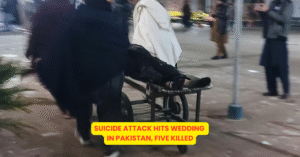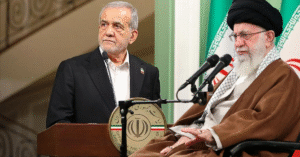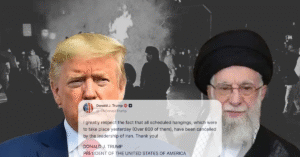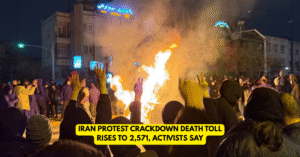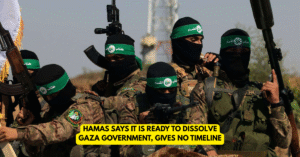NEW DELHI — In a landmark move, the Supreme Court of India has clarified that the recent acquittal of 12 individuals in the 2006 Mumbai train blasts case by the Bombay High Court will not serve as a legal precedent for other cases — especially those under the stringent Maharashtra Control of Organised Crime Act (MCOCA).
The top court’s decision came after Solicitor General Tushar Mehta raised concerns that the Bombay High Court’s observations could influence multiple ongoing terror and organized crime trials across the country.
A bench comprising Justices M.M. Sundresh and N. Kotiswar Singh acknowledged the gravity of the case and emphasized that the High Court’s verdict must not dilute the legal framework applied in future prosecutions under MCOCA.
High Court Acquittal Sparks Debate
The Bombay High Court’s ruling, delivered earlier this month by Justices Anil Kilor and S.G. Chandak, had ordered the immediate release of 12 men — including five who were on death row and seven serving life sentences. The court came down hard on the prosecution, stating that the investigation “failed to establish even the type of explosives used,” a critical element in securing a conviction.
This verdict shocked many in the law enforcement community and reignited debate over the quality of investigative procedures in terrorism-related cases.
A Grim Chapter in India’s History
The 2006 Mumbai train blasts — one of the deadliest terror attacks in India — occurred on July 11, 2006, when seven powerful bombs exploded across Mumbai’s suburban railway network during peak hours. The tragedy claimed 189 lives and left more than 800 injured, many with life-altering wounds.
A special court in 2015 convicted 12 individuals in connection with the bombings. Authorities attributed the attack to a cross-border conspiracy involving Pakistan’s ISI, the terror outfit Lashkar-e-Taiba, and the banned Students’ Islamic Movement of India (SIMI).
State Government Pushes Back
The Maharashtra government, alarmed by the High Court’s judgment, has filed a Special Leave Petition (SLP) in the Supreme Court seeking to overturn the acquittal.
Recognizing the sensitivity of the matter, the Supreme Court has agreed to examine the state’s appeal in detail, underscoring the importance of maintaining a strong legal standard in cases involving terrorism and organized crime.
Why the Supreme Court’s Clarification Matters
By declaring that the Bombay High Court’s ruling is not to be treated as a precedent, the Supreme Court has effectively prevented a ripple effect that could undermine prosecutions in other MCOCA and terror-related cases.
“This is a signal to both investigators and courts: terror cases must be built on concrete, irrefutable evidence — but procedural lapses must not dismantle the rule of law for other cases,” a senior legal expert commented.
Looking Ahead
As the Supreme Court prepares to hear the Maharashtra government’s challenge, the case is expected to have far-reaching implications — not just for the accused, but for how India handles the delicate balance between civil liberties and national security.

